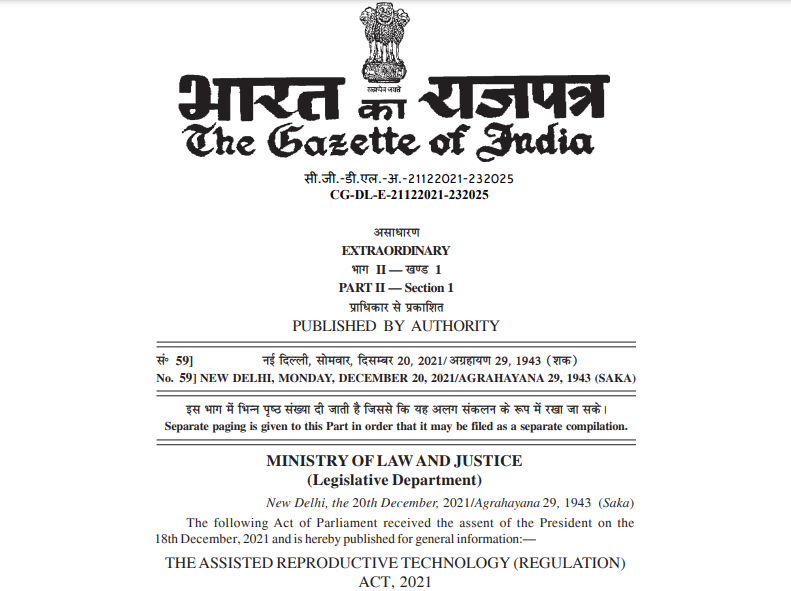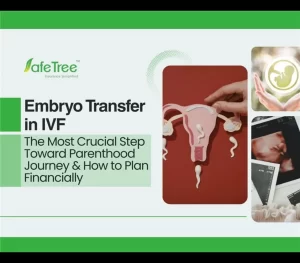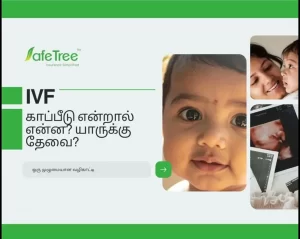
Protecting The Health And Safety Of The Donors With The Donor Protection Act
The fertility service sector in India is booming with an estimated 27 million infertile couples. The sector is worth thousands of crores. News reports have raised legal concerns over custody of children born to couples from abroad. Deaths of egg donors and ethical issues have also emerged. Parliament passed the Assisted Reproductive Technology (Regulation) Bill 2021 and the Surrogacy (Regulation) Bill 2020.
Assisted Reproductive Technology (ART) Act
The Parliament passed the ART Act and Surrogacy Act in December 2021, and the law came into force in January 2022.
What is ART?
ART techniques involve manipulating sperm or egg cells outside the human body and transferring the resulting embryo into a woman’s reproductive tract. These techniques include in vitro fertilisation (IVF), sperm donation, and gestational surrogacy, where a surrogate carries a child not biologically related to her.
Rules for ART clinics & banks
Every ART clinic and bank must register and maintain their details in a central database, as required by the National ART & Surrogacy Department of India. The registration is valid for five years, renewable for another five years, and can be cancelled or suspended if the institution violates the Act’s provisions. ART clinics are also prohibited from providing a child of predetermined sex, and they must conduct genetic disease checks before implanting an embryo into a woman’s reproductive tract.
Conditions for sperm donation & ART services
According to the Act, a registered ART bank can collect, screen, and store sperm from men aged 21-55 years and store eggs from women aged 23-35 years. However, there are limitations, such as the Act only permits a woman to donate seven eggs once in her life, and the bank cannot supply the semen of one donor to more than one couple. In addition, both the donor and the couple seeking the ART procedures must provide written informed consent. The couple must also provide health and life insurance coverage for the female donor.
- The prohibition of advertising or offering a sex-selective ART procedure carries a punishment of imprisonment ranging from 5 to 10 years or a fine of Rs 10 to Rs 25 lakhs.
- The child born through ART is considered the biological child of the couple and is entitled to all rights.
- The donor is not entitled to any parental rights over the child.
Regulation of ART processes
The Surrogacy Act expects the National and State Boards to regulate Assisted Reproductive Technology (ART) services. These boards are responsible for advising the government on policy, reviewing and monitoring the implementation of the law, and formulating a code of conduct for all ART clinics and banks.
Offences
The Act considers abandoning or exploiting children born through the ART process, the sale, purchase, or trade of the embryos, and exploiting the couple or donor in any form as offences. The first-time offenders may attract a fine of Rs 5 to 10 lakhs. Subsequent offences are punishable with imprisonment for 8 to 12 years and a fine of Rs 10 to 20 lakhs. These regulations will enhance and regulate the delivery of infertility services in India.
We will contact you as soon as possible, please fill in your details!







Share this post:
Facebook Twitter LinkedIn WhatsApp